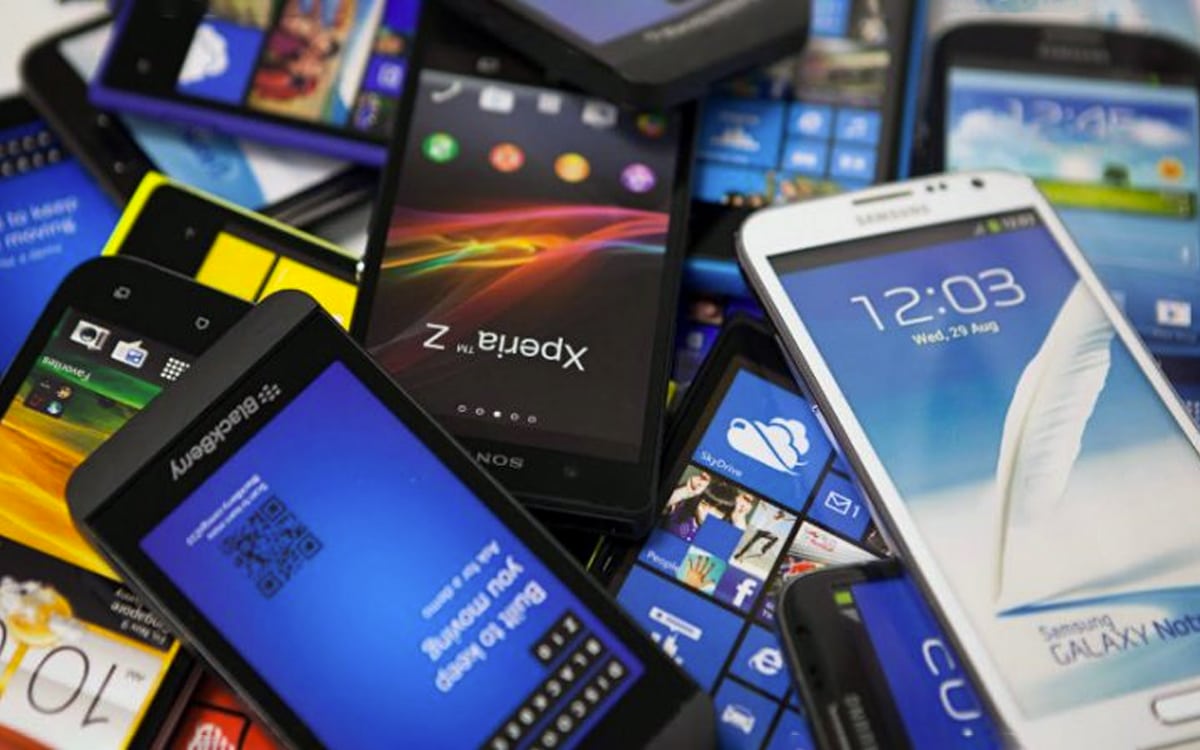Arcep has published a study on the effect of operator support on smartphone renewal. According to the document, the French do not change their phones often if they buy it with a subsidy, ignoring a misconception. In addition, the proportion of smartphones purchased with support has quadrupled in 10 years.
Since the launch of Free Mobile, Xavier Niel has insisted that it is an equal and honest alternative to carrier support. You know what the operator subsidy is: You get a great discount on the purchase of a smartphone for a 12- or 24-month commitment to a mobile plan. In the early 2010s, more than 8 out of every 10 smartphones were purchased with a subsidy.
Also Read – Refurbished Smartphones Will Now Cost More
Thanks to the offerings of Free Mobile (then Sosh, B&You, and Red by SFR), consumers are finally aware of the cost of the phone on their subscription. So much so that little by little consumers are starting to buy their phones without a plan. So the process worked, to some extent, for Xavier Niel.
He also continues to defend this model with the arrival of Flex, an offer that allows you to have a smartphone on lease (with the option to purchase after 24 months of contract). According to the president of Free, this solution combats the obsolescence caused by the subsidy model, in which operators seek to engage their subscribers as soon as they show a sign of infidelity. And what could be better than a presentation on a new model?
Arcep claims that operator subsidies do not encourage early renewal
According to Arcep, truth is not dichotomous. And the time between the two renewals is fairly regular, whether the smartphone was purchased with or without support. This week, the French Communications Gendarmerie submitted a report commissioned by the Ministry of Environmental Transformation and the Minister of State responsible for digital transformation. According to the latter, owners of smartphones who bought them naked keep their smartphones a little longer than users who bought them with a subsidy.
37% of French keep their smartphone for more than two years, an invaluable figure 31% on customers who get support. The average life of smartphones connected to operators’ networks will be 32 months, a figure that drops to 29 months on supported stations. Thus, the difference is considered insignificant, to the point that “the available data do not allow us to distinguish a significant association between the method of distribution and the age of mobile terminals”, one can read in the report.
Support only pertains to one in five smartphones purchased in France
Especially since the support was weighing less than ten years ago. First, 29.5% of new smartphones sold in France in 2020 were purchased with support. This number drops to 20% when new and refurbished smartphones are counted. Or four times less than ten years. After that, the supported packages represented only 21% of the packages subscribed in 2020.
Thus, the study shows that operator support is no longer a factor exacerbating the digital footprint in greenhouse gas emissions. Arcep recommends doing more to extend the life of the products, by expanding technical support for smartphones (as Google announced with Pixels) and by boosting the revamped offering. Remember that smartphones generate 11% of France’s digital greenhouse gas emissions, third only to televisions and laptops.

“Devoted gamer. Webaholic. Infuriatingly humble social media trailblazer. Lifelong internet expert.”





